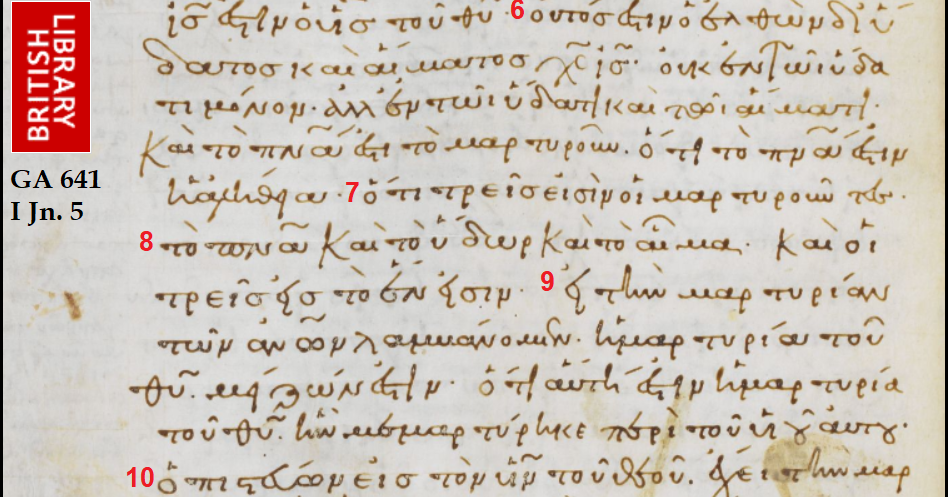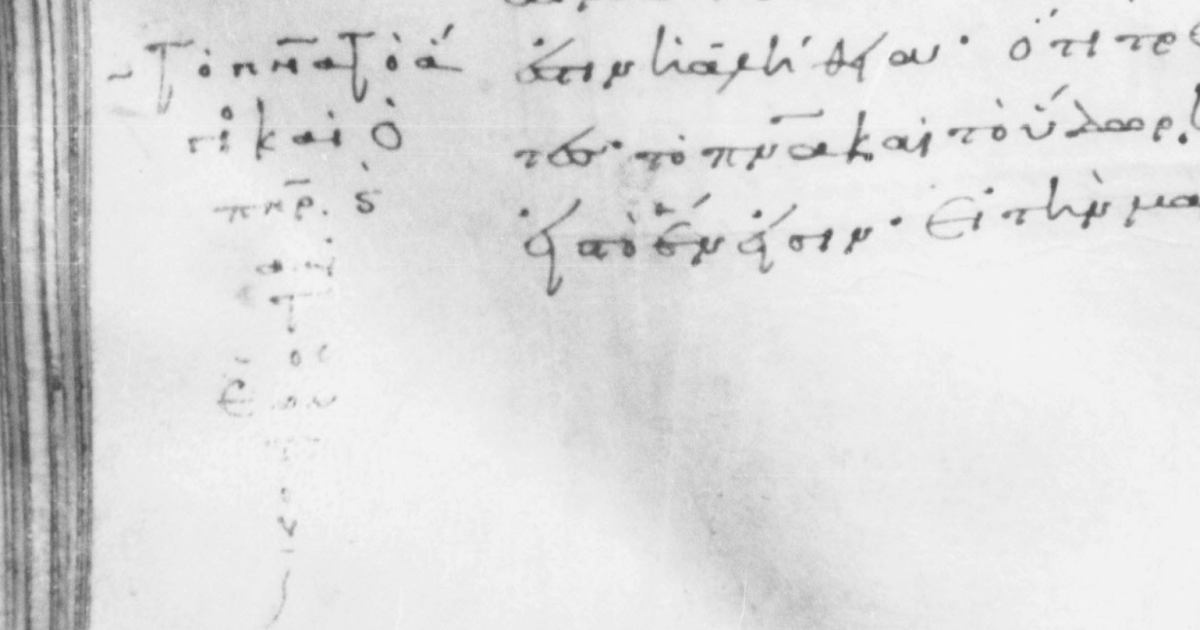This is the close to that.
John 1:18
No one has ever seen God. The only Son is the one who has
shown
us what God is like. He is himself God and is very close to the
Father.
John 14:7-9
Easy-to-Read Version
7 If you really knew me, you would know my Father too. But now you know the Father. You have seen him.”
8 Philip said to him, “Lord, show us the Father. That is all we need.”
9 Jesus answered, “Philip, I have been with you for a long time. So you should know me. Anyone who has seen me has seen the Father too. So why do you say, ‘Show us the Father’?
1 John 1:2
Yes, the one who is life was shown to us. We saw him, and so we can tell others about him. We now tell you about him. He is the eternal life that was with God the Father and was shown to us.
"
In some verses of Scripture, people see
God. But, in other verses, it says they cannot see God? Is this a contradiction? It is not if you understand the
Trinity and the context of those verses.
- Has seen
- Gen. 17:1, “Now when Abram was ninety-nine years old, the LORD appeared to Abram and said to him, “I am God Almighty; Walk before Me, and be blameless;
- Gen. 18:1, “Now the LORD appeared to him by the oaks of Mamre, while he was sitting at the tent door in the heat of the day.”
- Exodus 6:2-3, “God spoke further to Moses and said to him, “I am the LORD; 3 and I appeared to Abraham, Isaac, and Jacob, as God Almighty, but by My name, LORD, I did not make Myself known to them.”
- Exodus 24:9-11, “Then Moses went up with Aaron, Nadab, and Abihu, and seventy of the elders of Israel, 10and they saw the God of Israel; and under His feet there appeared to be a pavement of sapphire, as clear as the sky itself. 11Yet He did not stretch out His hand against the nobles of the sons of Israel; and they saw God, and they ate and drank.”
- Num. 12:6-8, “He said, ‘Hear now My words: If there is a prophet among you, I, the LORD, shall make Myself known to him in a vision. I shall speak with him in a dream. 7 “Not so, with My servant Moses, He is faithful in all My household; 8With him I speak mouth to mouth, Even openly, and not in dark sayings, And he beholds the form of the LORD. Why then were you not afraid To speak against My servant, against Moses ?”
- Acts 7:2, “And he [Stephen] said, ‘Hear me, brethren and fathers! The God of glory appeared to our father Abraham when he was in Mesopotamia before he lived in Haran…'”
- Has not seen
- Exodus 33:20, “But He [God] said, “You cannot see My face, for no man can see Me and live!”
- John 1:18, “No one has seen God at any time; the only begotten God who is in the bosom of the Father, He has explained Him.”
- John 5:37, “And the Father who sent Me, He has testified of Me. You have neither heard His voice at any time nor seen His form.”
- John 6:46, “Not that anyone has seen the Father, except the One who is from God; He has seen the Father.”
- 1 Tim. 6:15-16, “He who is the blessed and only Sovereign, the King of kings and Lord of lords, 16who alone possesses immortality and dwells in unapproachable light, whom no man has seen or can see. To Him be honor and eternal dominion! Amen.”
It is evident that God was seen. But, considering the “can’t-see-God” verses, some would understandably argue that there would be a contradiction. One explanation offered is that the people saw visions, dreams, or the Angel of the LORD (
Num. 22:22-26;
Judges 13:1-21) and not really God Himself. But the problem is that the verses cited above do not say vision, dream, or Angel of the LORD. They say that people saw God (
Exodus 24:9-11), that God was seen, and that He appeared as God Almighty (
Exodus 6:2-3).
At first, this isn’t easy to understand. God Almighty was seen (
Exodus 6:2-3), which means it was not the Angel of the Lord, for an angel is not God Almighty; and at least Moses saw God and not in a vision or dream, as the LORD Himself attests in
Num. 12:6-8. If these verses mean what they say, then we naturally assume we have a contradiction. Actually, the contradiction exists in our understanding, not in the Bible, which is always the case with alleged biblical contradictions.
The solution is simple. All you need to do is accept what the Bible says. If the OT people were seeing the Almighty God, yet they not seeing the Father (
John 6:46), then who was it? They saw someone else in the Godhead. I suggest that they saw the Word before He became incarnate (
John 1:1,
14). In other words, they were seeing the pre-incarnate Jesus.
If God is a
Trinity, then
John 1:18 is not a problem either because, in John chapter one, John writes about the Word (Jesus) and God (the Father). In verse 14, it says the Word became flesh. In verse 18, it says no one has seen God. Since Jesus is the Word, God then refers to the Father. This is typically how John writes of God: as a reference to the Father. We see this verified in Jesus’ own words in
John 6:46, where He said that no one has ever seen the Father. Therefore, Almighty God was seen, but it was not the Father. It was Jesus before His incarnation. There is more than one person in the Godhead, and the doctrine of the Trinity must be true."
Explore Christian Apologetics, theology, and critical answers to today's questions about God, the Bible, and the Christian faith at Christian Apologetics & Research Ministry.

carm.org







